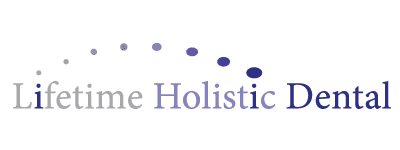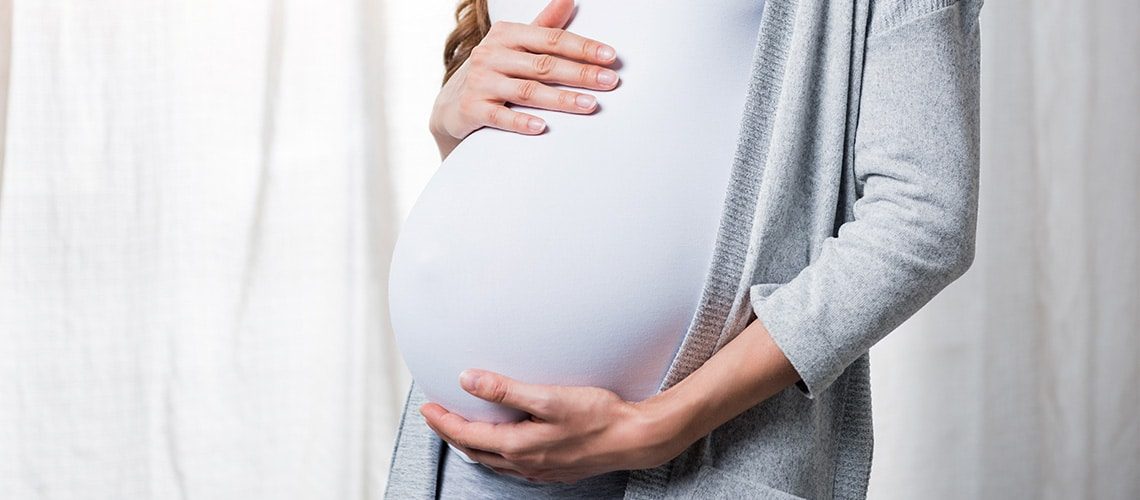Falling pregnant is such an exciting time—waiting for your new little bundle of joy to arrive. But, pregnancy should also be a time to take stock of your health and ensure everything is perfect for both Mum and Bub. This includes your dental health.
Your oral health has an effect on your baby. So, you need plenty of resources and information on hand to ensure that you keep your teeth and gums healthy, and then guide your little bub as their teeth and gums start to develop.
Is it Safe to Visit the Dentist while Pregnant?
Yes, it is entirely safe to visit the dentist while pregnant. A good holistic dentist will take your pregnancy into account and ensure that all treatments are safe. This means using low-dose digital x-rays if required and discussing other diagnostic tools with you. You should always be in charge, and while x-rays are safe, don’t go ahead if you feel uncomfortable.
All other dental treatments are entirely safe during pregnancy, especially when you visit a dentist that refuses all toxic treatments, like amalgam fillings.
Dental Care Through Pregnancy: Trimester by Trimester
You will likely find that your dental health and care routine changes throughout your pregnancy. Your needs before you fall pregnant will be slightly different to those during your third trimester.
Before Pregnancy
If possible, it’s best to talk to your dentist before you get pregnant. This will give your dentist a chance to draw up a dental health care plan that will keep your teeth, gums and mouth healthy amidst all the change your body will experience. In addition, it’s a great chance to complete any dental treatments you need before you fall pregnant. While most dental treatments are completely safe to undergo whilst pregnant, you may not feel comfortable sitting in the dentist’s chair during your third trimester!
First Trimester
Bleeding gums is common during pregnancy. They are usually caused by changing hormones. This means that daily brushing and flossing is a necessity. You can use an antibacterial mouthwash for extra protection against infection. If you’re concerned about the bleeding, visit your dentist so they can check for any infection, dental decay or cavities. If you suffer morning sickness, remember not to clean your teeth straight after vomiting—you can brush acid into your teeth and gums.
Second Trimester
Keep up your oral health routine, and make sure you visit your dentist for regular active maintenance appointments. It is entirely safe to visit your dentist right up until you give birth.
Third Trimester
You should visit the dentist in the last six weeks of your pregnancy for a professional clean. This keeps your mouth full of healthy bacterial flora so that you can pass it on to your baby. On the other hand, if you have any decay or gum infection, you will pass this onto your baby. The appointment will be short and comfortable and will give you the best chance of setting your little bub up for lifelong dental health.
Tips for Healthy Teeth During Pregnancy
There are a range of tips and tricks you can use to keep your teeth and gums healthy during pregnancy:
- Be careful when taking medicine during pregnancy. Always check with your dentist or doctor to make sure there are no side effects. For example, tetracycline antibiotics can discolour your baby’s teeth.
- After vomiting, rinse your mouth with water to protect your teeth from gastric and other acids.
- Ask your dentist about tooth mousse. It’s a great way to remineralise your teeth, restore enamel and protect against decay.
- Brush in the morning and at night, and floss daily to protect against plaque build-up.
- If you’re struggling to brush because of morning sickness, switch to a children’s toothbrush to prevent gagging.
- If you crave sugary or acidic snacks, try to limit these or substitute them with a variety of nutritious foods. This will do a far better job at satiating your hunger, nourishing bub, and keeping your teeth and gums healthy.
- Calcium is essential for helping your baby’s teeth and bones to grow. Don’t focus on milk, which is full of sugar, instead, go for cheese, yoghurt and even dark leafy greens. When it comes to milk, go for full cream.
- After your baby is born, keeping your mouth free of bacteria is essential as you can pass this bacterium on through breastfeeding and other contact.
Early Learning Program For New Parents
Oral health begins as soon as your baby is born. So, Lifetime Holistic Dental has created a program to walk parents through each stage of their child’s development. We walk you through these steps when you visit us for regular six-monthly active maintenance appointments. The advice we give is unbiased and based on the best medical advice available.
Our advice is designed to give your bub the best possible start, and ensure the building blocks are in place for lifelong dental health. That’s what we are interested in when it comes to dental health; getting the little things right and taking care of the details.


